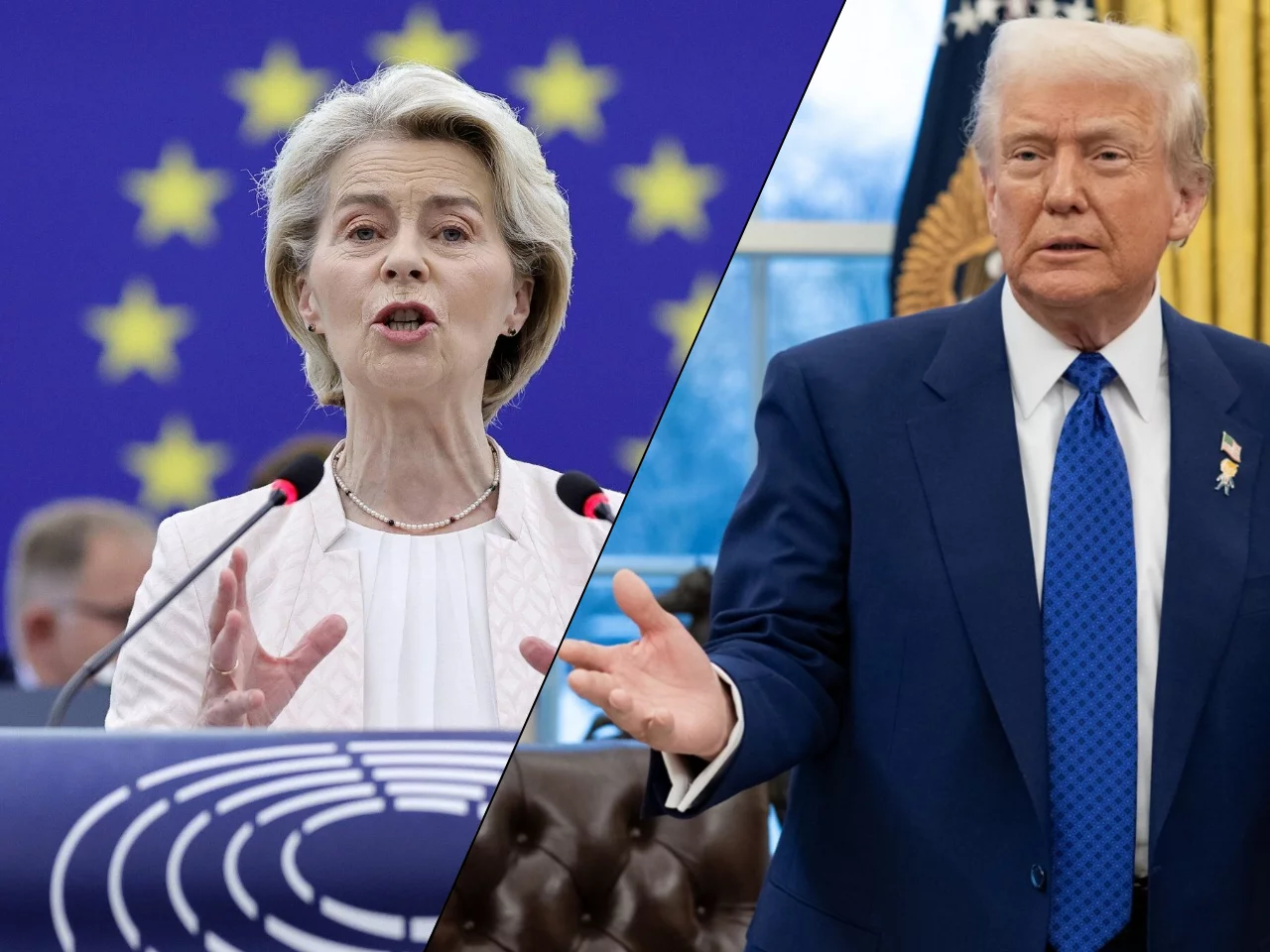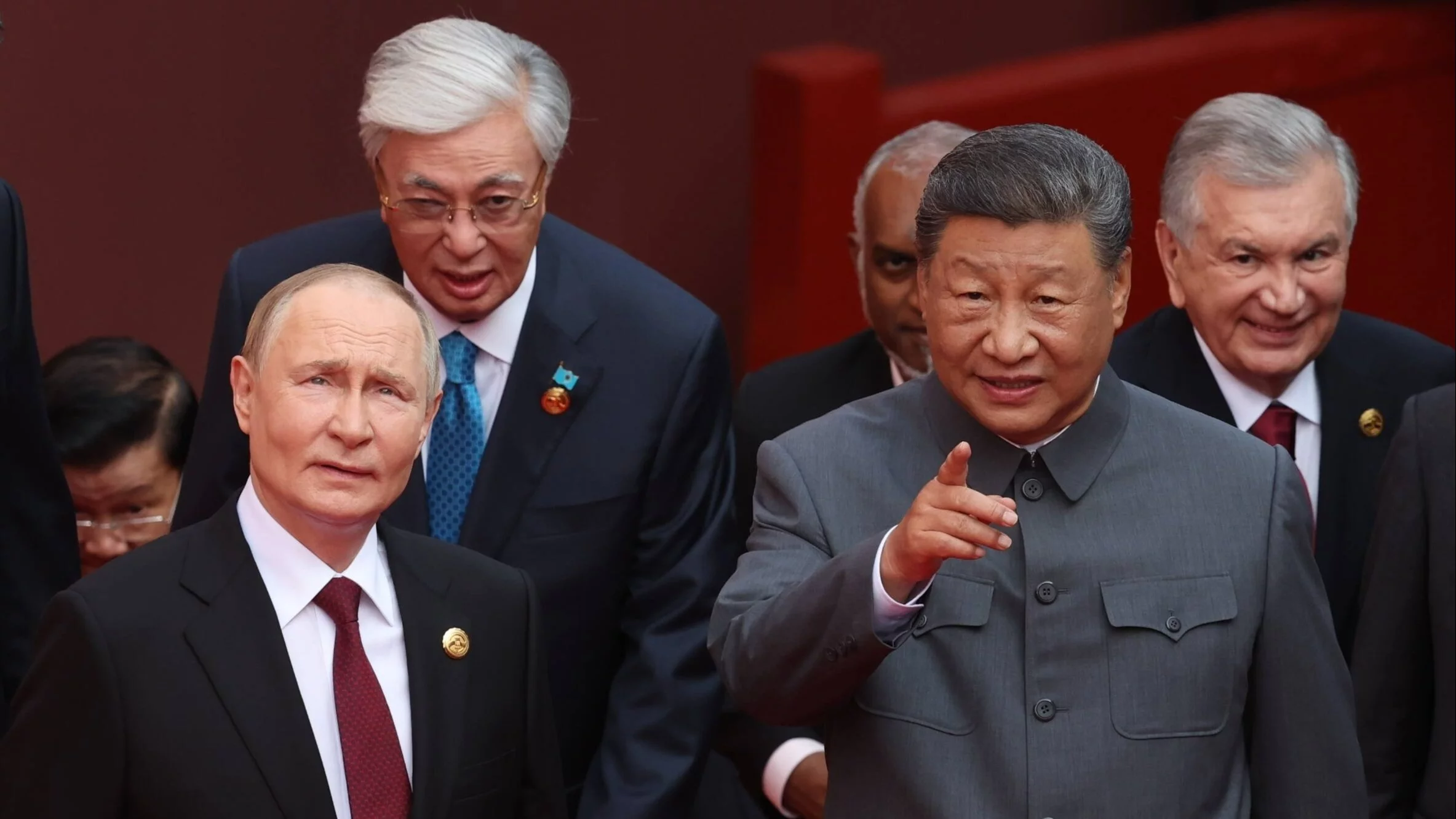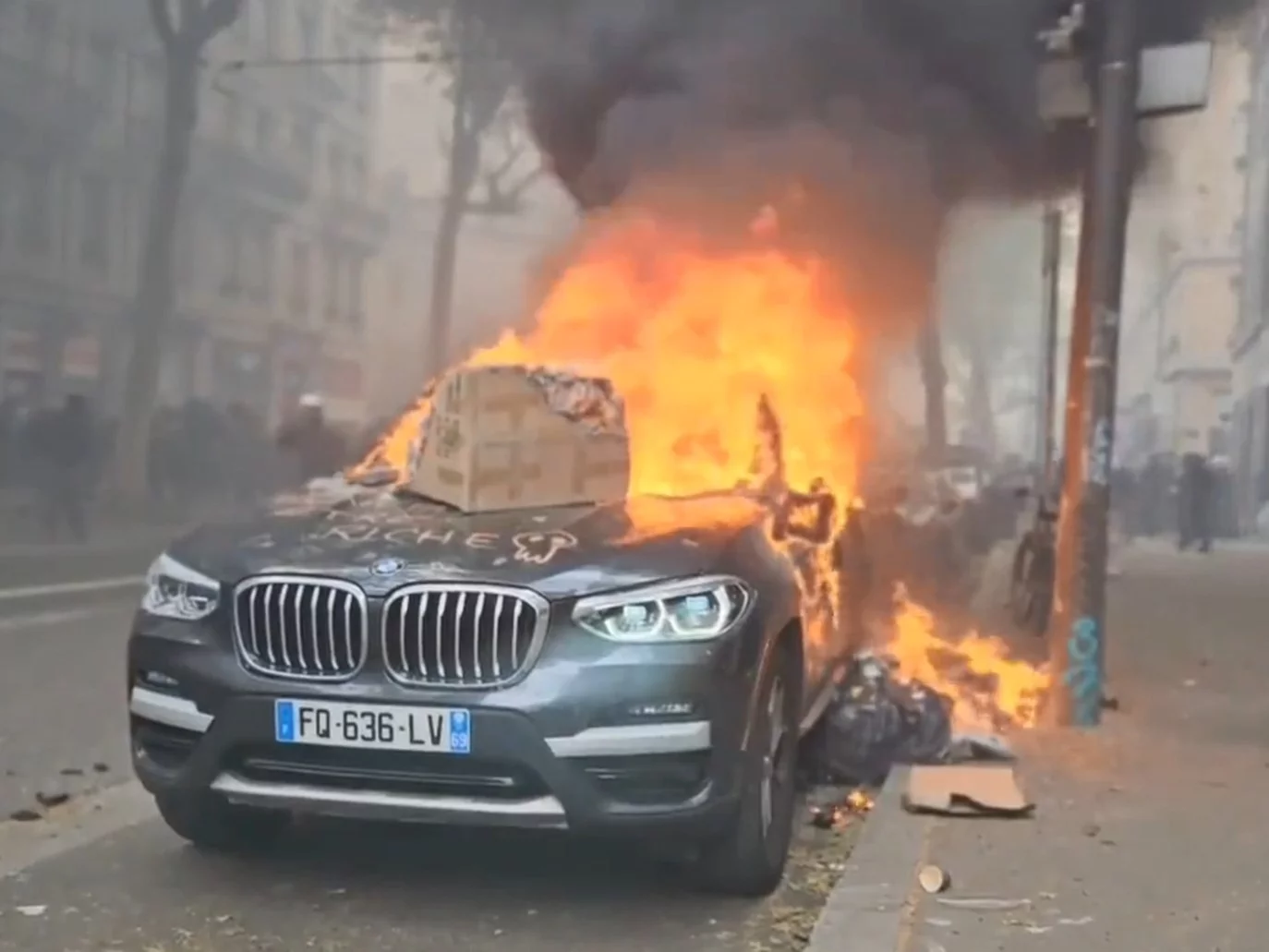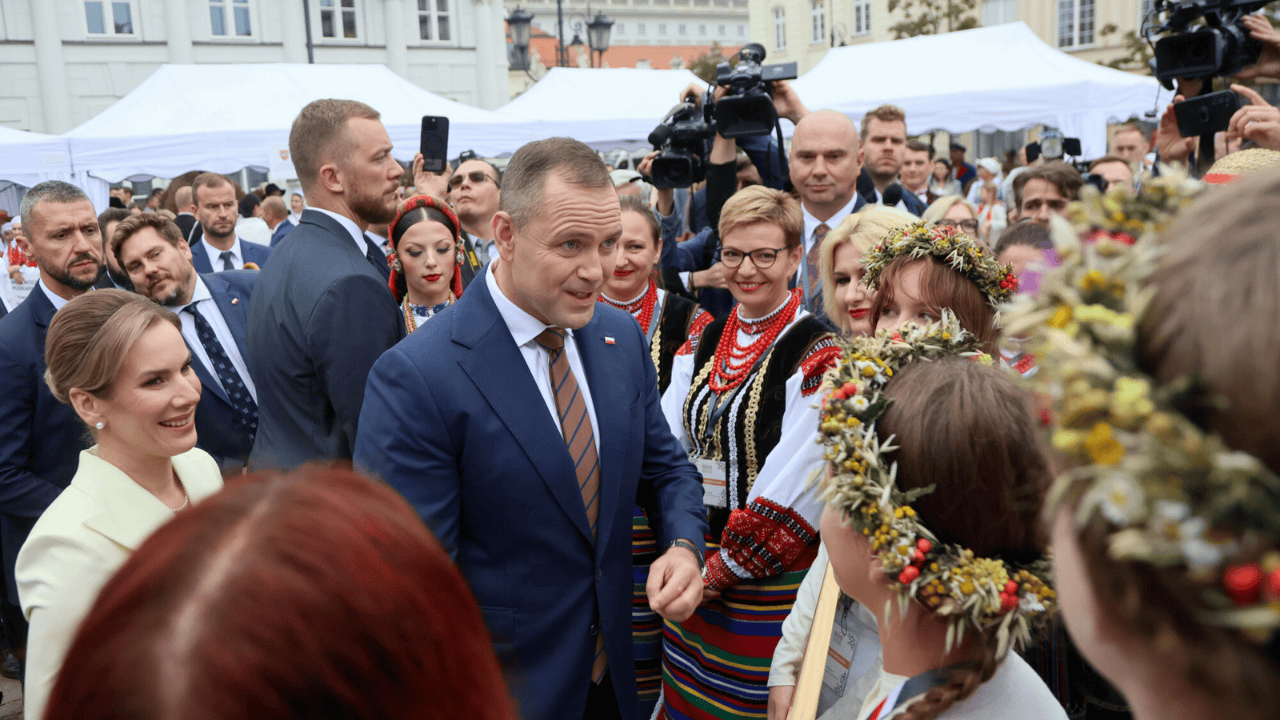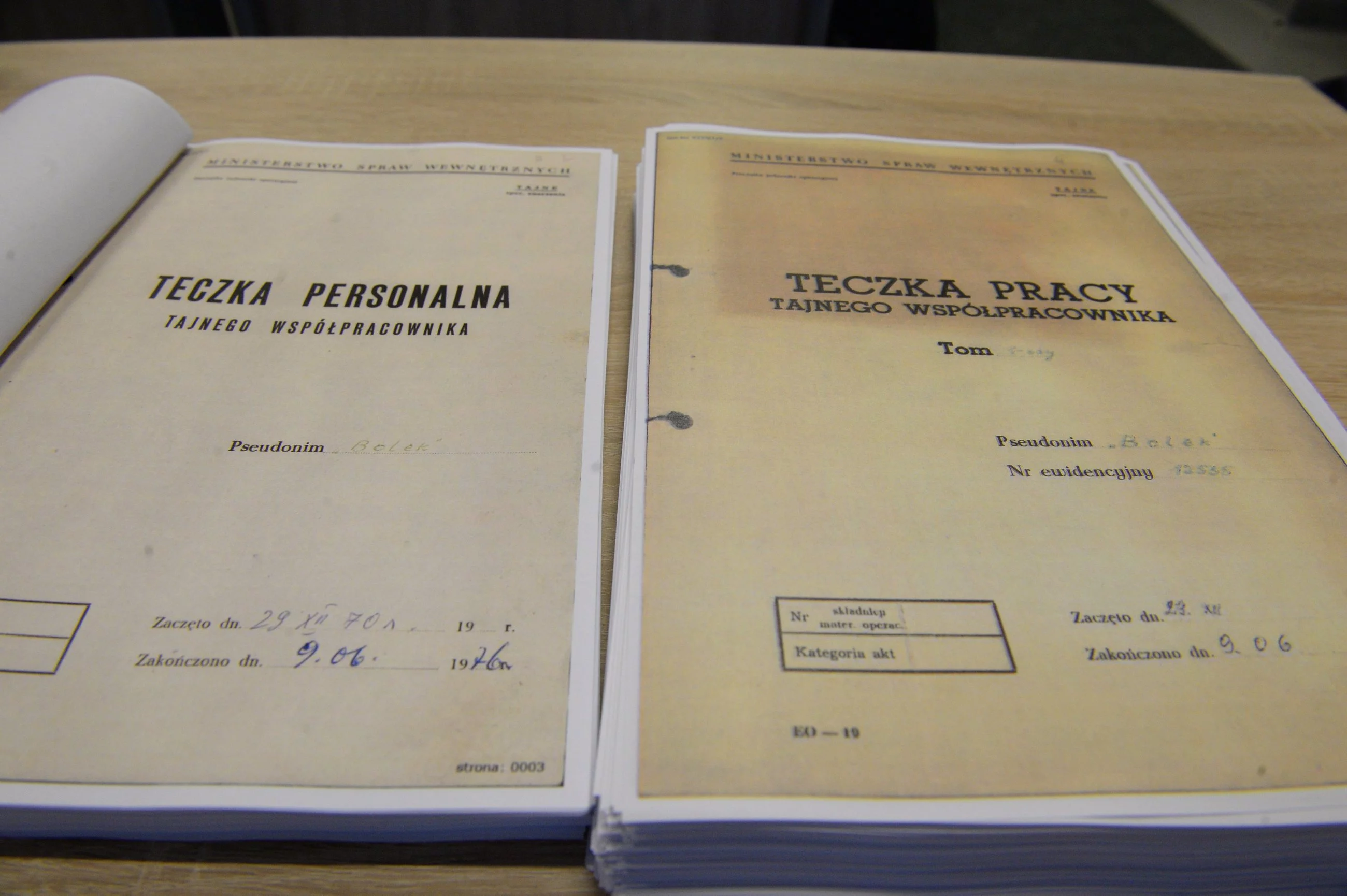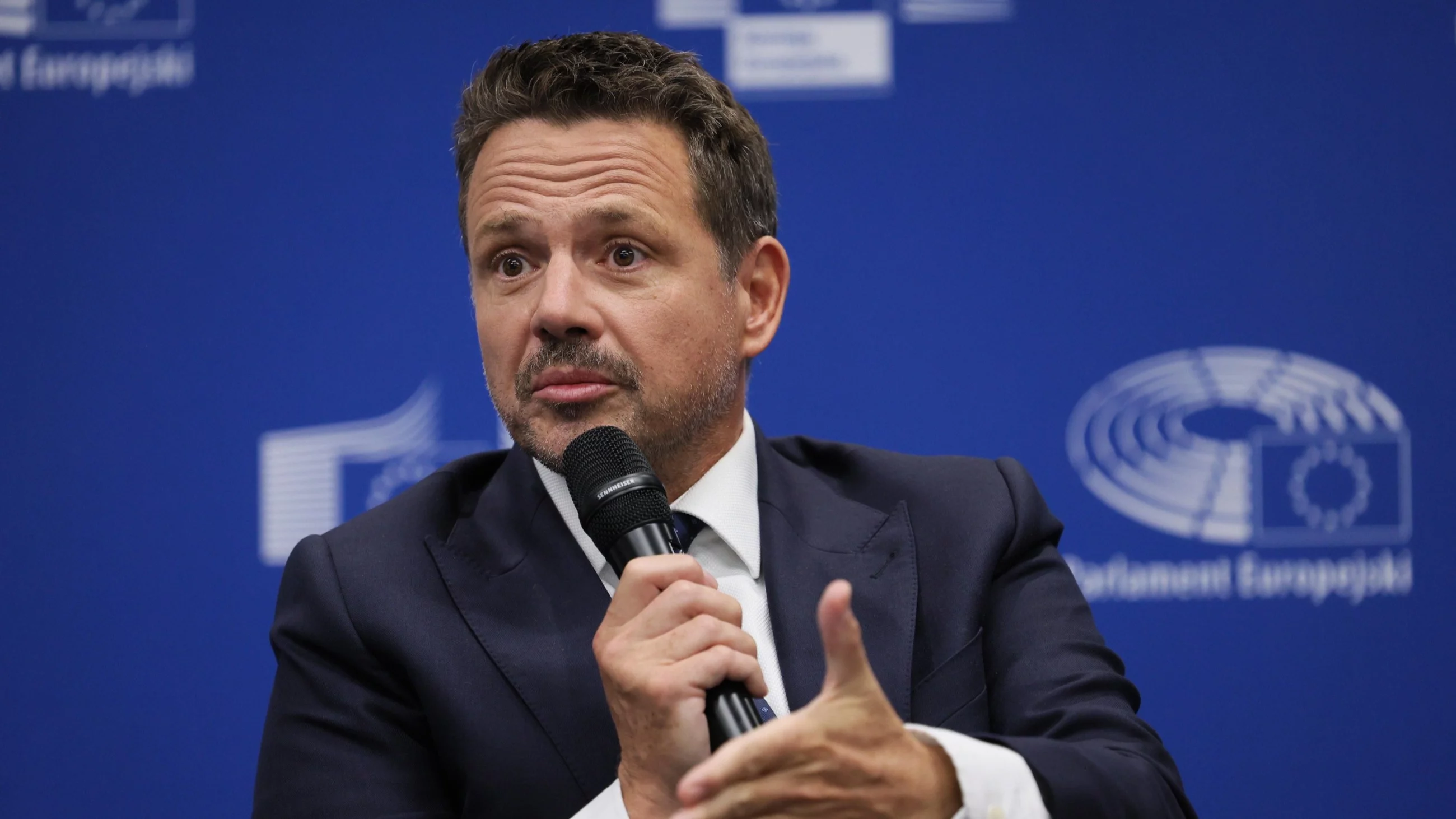
China Rebrands Autopilot Software As Assisted Driving Following Deadly Crash
More than a month after a deadly crash involving one of Xiaomi’s electric vehicles—with the driver assistance system likely engaged—China’s Ministry of Industry and Information Technology held an urgent meeting to tighten regulations surrounding the high-tech autopilot software to prevent future tragedies.
On Monday, state-run media Global Times reported that Xiaomi revised the wording of the SU7 sedan’s driving software from „Intelligent Driving” to „Assisted Driving” on its official ordering platforms. The change was first seen on the company’s Chinese social media, Weibo, and it had over 22 million views.

Global Times said the technical changes were industry-wide:
Under updated guidelines from the Ministry of Industry and Information Technology (MIIT), several major Chinese automakers have adjusted their technical labeling since April. In the Shanghai International Automobile Industry Exhibition, XPeng rebranded its driver-assistance technology as „AI-assisted driving” and announced plans to launch the industry’s first „AI Driving Safety Boot Camp,” focusing on clarifying system limitations and demonstrating new features through enhanced user training, according to the Economic Observer’s report.
Meanwhile, Horizon Robotics named its newly released Level 2 (L2) driver-assistance system the „Urban Driver-Assistance System”; at Huawei’s Qiankun booth, all descriptions of technologies such as „smart driving” and „automatic parking” have been revised to „Intelligent Driver Assistance” and „Intelligent Parking Assistance”, according to China Media Group (CMG) 's report.
At the beginning of April, a horrific crash involved an SU7, which claimed three lives on the Dezhou-Shangrao Expressway in Tongling in southern Anhui Province, eastern China. There has been mounting speculation that the driver assistance system was engaged during the crash.
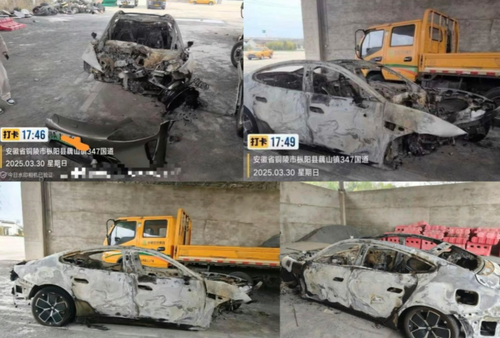
„Overly optimistic terms like 'fully autonomous’ created dangerous gaps between consumer expectations and technological realities,” Wu Shuocheng, a veteran automobile industry analyst, told the state-run media outlet.
Shuocheng said, „Standardized labeling helps reset public understanding,” adding, „These changes reflect China’s balanced approach to fostering innovation while prioritizing safety. By tempering marketing hype, regulators create space for sustainable technological advancement.”
Global Times had no word on whether Tesla was forced to reword its Full Self-Driving system.
Tyler Durden
Wed, 05/07/2025 – 05:45



